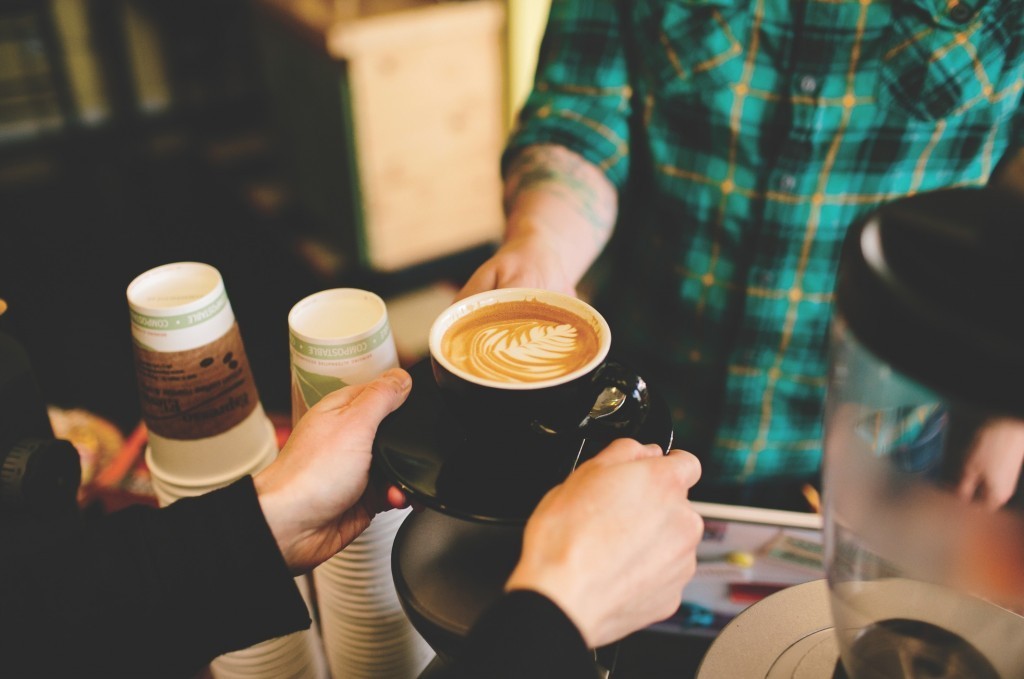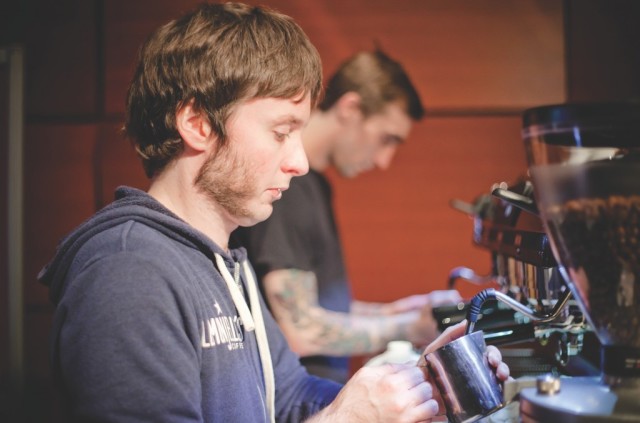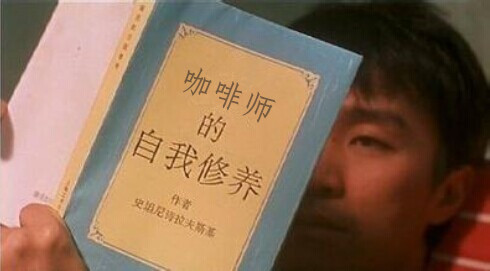Talking to Coffee Master Lily Kubota's definition of barista profession
Whether you've been a barista, you're working as a barista, or you're going to be a barista in the future, have you ever wondered what this career really means to you? The definition of the role of baristas and the concept of baristas in society are constantly changing. A barista can be much more than a waiter. A good barista needs to have a lot of abilities and a rich reserve of systematic expertise. You can broaden your horizons and share coffee with people through different channels.

Today, Chongqing Beresta is going to bring friends an interview with Lily Kubota, head of SCAA content & communications, who started his first job as a barista at the age of 15. Since then, she has become more interested in coffee and coffee culture. As the department head of SCAA content & communications, she has a deep insight and reflection on the complex and trivial things in the coffee industry (including consumption and production), forming her own unique understanding of this community.
Barista: a stepping stone to your career or your ultimate goal?
Before working for SCAA, I had been a barista for ten years, which was something I persisted in from high school to college. I used to think that a cafe is a vast world that connects with the communities around me and shares life with people. The world is even beyond myself, and no other place can bring similar feelings. Now, I am happy to say that the previous idea was wrong. And when I looked back gently, I realized that my career as a barista was the starting point for me to enter the world of boutique coffee.
In my last semester of college, I began to think about how to combine coffee with my major (Latin American International Studies). I was honored to get an internship at CQI (Coffee quality Evaluation Institute) where Ted Lingle is located and worked under the guidance of the head of CQI Marketing Department. I began to learn the "language" of coffee, so I stepped into an exciting new world-market communication.
Without years of experience as a barista, I could not have understood the inherent intricacies of the boutique coffee industry, nor would I have seen the opportunities and prospects of the industry. In the first few weeks of working at CQI, I realized that so many people (people in different parts of the industry chain) were confused about the same thing: what to do next? I also learned about SCAA and the education and training support it provides for professional coffee practitioners.

After graduation, I applied for the position of SCAA Marketing Coordinator. But I was shocked when I found that I didn't return to my first day's office until a few weeks later. The reality of this pace of work (unlike standing or burying your head in front of a computer all day) takes time to get used to. At that time, like a sponge, I tried to absorb all kinds of coffee knowledge and began to explore what I could learn in this industry.
Six years after that, I met all the great people in the industry who were improving and surpassing themselves in the field of coffee. My "community" (people around me) began to transform from a "local community" (cafe customers, colleagues) to a "worldwide community" (coffee practitioners around the world, as well as a new world of electronic digital participation). I also met a lot of baristas who love and are good at their work.
However, while most baristas love their jobs, providing good service to customers is always a challenge. Earlier this year, Alex Bernson reminded us of this reality at his seminar.

Good baristas have these qualities: willingness to serve others, maintaining a high standard of service (including beverage preparation), a certain degree of coffee knowledge and a thirst for knowledge. and the ability to communicate the above to customers properly and intact.
Finally, the problem we face is how to build the professionalism of this role under the popular belief that baristas are only stepping stones to their careers. Because the view that "baristas are professional and agree that baristas are like craftsmen" is only accepted in a small circle, which has recently become a topic of discussion in the industry. With the efforts of countless enthusiastic people, the coffee training and certification system has gradually developed. The holding of various competitions has attracted the attention of top people in the industry, and has become an important way for coffee professionals to learn and communicate.
When I was a barista, I often thought about what to do next. I never expected that after finishing my studies, I would continue to be a barista for a long time, let alone that coffee would become my life's career. I enjoyed it. I just wanted to get more, but I never knew what was "more". Maybe "more" refers to a goal, but this "goal" does not have to be something new, it may only refer to a higher professional standard. For those who are new to the company and think that "baristas are not just waiters", their efforts will be rewarded accordingly.
Over the past decade, with the development of boutique coffee, the role of baristas has been evolving, even in remote areas. Coffee shop owners are increasingly aware of the significance of well-trained baristas with a strong sense of service to the success of a store. Baristas are more likely to stay in the job longer when their knowledge and skills are recognized and rewarded. In this sense, the position of barista is more likely to be considered to be able to make ends meet.
We hear a lot about this from different people: from those who take part in baristas competitions, from those who provide constructive ideas for our coffee practitioners, from those who are willing to share skills and knowledge in coffee training and competitions, those who help us analyze the current situation of the coffee industry.
Until now, I have always defined myself as a barista. The sense of service and consideration of details that I learned from it have always helped me deal with many situations in my current job. Even now, whenever I see an Italian machine, I make a cup of coffee myself. I hope you do the same, because that's what we've been doing.
Important Notice :
前街咖啡 FrontStreet Coffee has moved to new addredd:
FrontStreet Coffee Address: 315,Donghua East Road,GuangZhou
Tel:020 38364473
- Prev

2014 world coffee roaster champion Lai Yuquan
Lai Yuquan, 35, has been active since childhood and has a special interest and acumen in food. When he went to Yunlin to study at the Global University of Science and Technology 13 years ago, he went to work in a cafe. The charming aroma of coffee made him unable to help himself to follow him to the present. Lai Yuquan's inborn talent, coupled with acquired efforts, made Lai Yuquan learn the good skills of selecting beans, baking and brewing coffee.
- Next
Seven factors affecting hand-brewed coffee
A good cup of hand-brewed coffee can taste different levels of details such as sour, fragrant and sweet. It is refreshing and burden-free. As long as you touch it, you can't extricate yourself from such meticulous flavor changes. And hand drip filter coffee has always played an indispensable role in single coffee, most of the products of single coffee are mainly hand drip filtration. First of all, the hand-dripping coffee is very
Related
- What is the meaning of lactic acid fermentation with coffee bean treatment?
- How to judge the state of foam by sound?
- How does the latte pull out the unicorn pattern? Come to get for a little trick to improve the flower pull!
- Will flower pulling affect the taste of the latte?
- Do you know the history of coffee?
- The difference between honey treatment and sun washing what is raisin honey treatment?
- What kind of milk can a novice use to make coffee foam to keep the foam longer? The correct method and skills of milking tutorial sharing
- Why do washed coffee beans taste sour? Flavor characteristics of washed Coffee
- Introduction to the skill of how to practice the size and height of water injection around the circle of hand-brewed coffee
- How do beginners practice coffee flower drawing from scratch?

